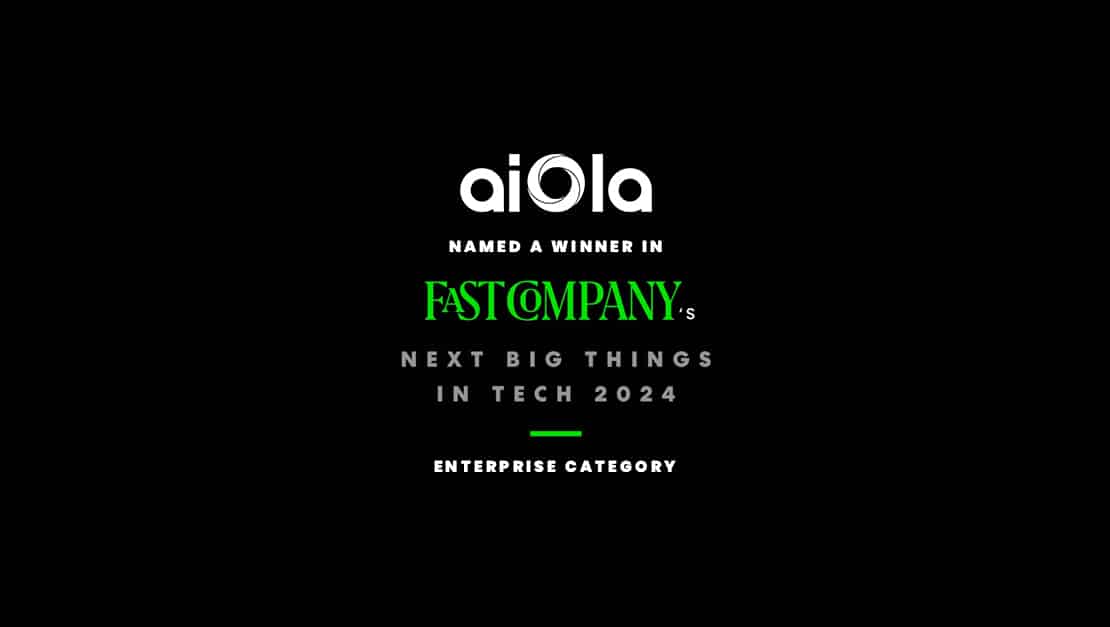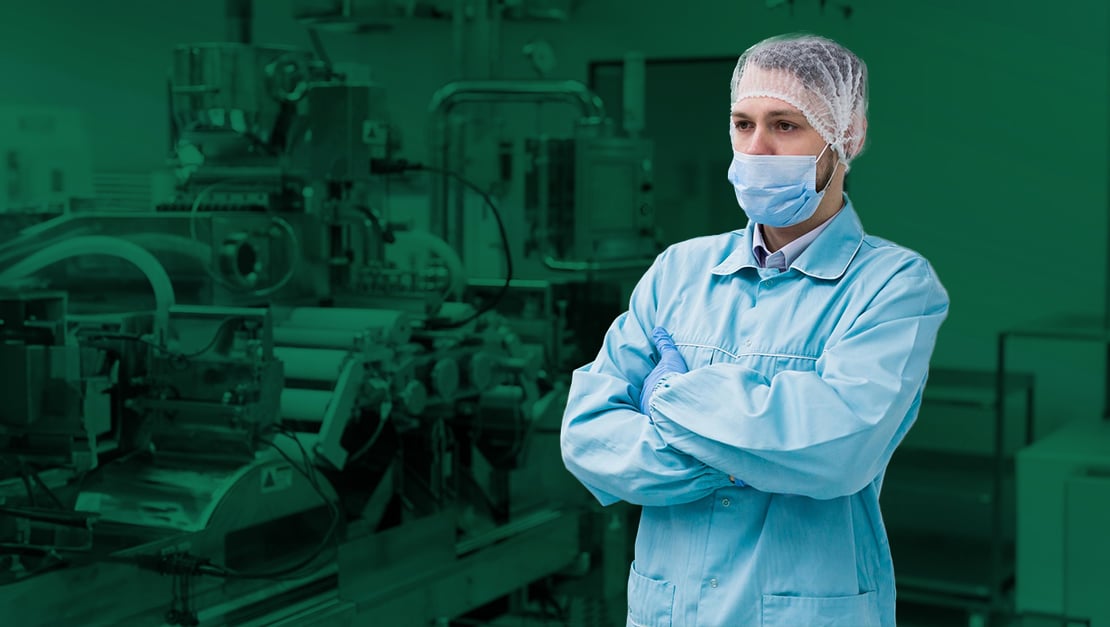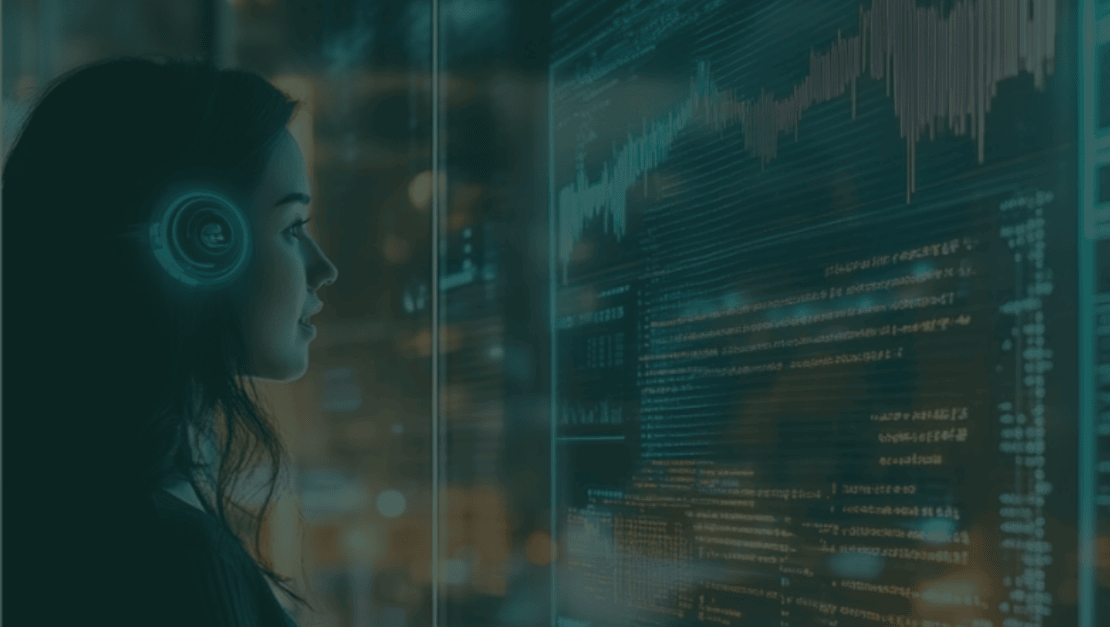Speech recognition is a pivotal artificial intelligence (AI) technology that enables machines to interpret human speech. In this process, AI speech recognition systems can gather data from speech that can be used for various processes, rendering workflows more intuitive.
AI is used in speech recognition to identify words, phrases, or language patterns spoken by a human and turn them into text. In recent years, this technology has been advancing quickly, with new systems making speech recognition more accurate and reliable.
In this blog post, we’ll take a look more closely at how speech recognition works in practice, its real-world applications, challenges, and how AI companies like aiOla are using it to change the way traditional industries operate.
How Does AI Speech Recognition Work?
Speech recognition systems use complex computer algorithms and processes to convert spoken words into a text format. The process of turning voice into text involves several steps, including:
- Signal processing: This step involves taking the audio input, or the speech, and turning it into an analog signal. The audio goes through preprocessing to reduce noise and enhance clarity and is then converted into a digital format.
- Feature extraction: Key characteristics of a speech signal are identified, such as amplitude and frequency, and are then processed in a machine learning (ML) model for additional processing.
- Pattern recognition: Next, the audio goes through a process of pattern recognition where AI systems look at recurring words or content patterns to determine meaning.
Artificial neural networks (ANNs) help in processing and recognizing audio inputs in AI systems. Based on the structure of human brains, ANNs are computational models that can perform tasks like recognizing patterns, often used in speech recognition to help decipher speech sequences. With extensive training, ANNs can map out source audio or speech with corresponding textual outputs, enabling AI systems to accurately transcribe spoken words into text.
Speech recognition ML and AI platforms are trained on vast quantities of speech data, including multiple languages, dialects, accents, jargon, speech patterns, and styles. This enables speech recognition solutions to understand a variety of speakers and better understand real human speech, which is often clouded in nuance and dependent on context.
Speech Recognition AI Examples
Speech recognition has been adopted in many different industries as a solution to streamline work operations, reduce reliance on manual tasks, and make jobs more efficient. According to research, the market for speech recognition solutions is expected to grow from $8.5 billion in 2024 to $19.5 billion by 2030, denoting a massive increase in demand.
Whether for personal use on a mobile phone or to monitor patient health in a hospital, AI and speech recognition are enabling humans and technology to work together more seamlessly, paving the way for even more emerging technologies. Here’s how AI speech recognition software is being used in practice today.
Consumer Electronics
Smartphones, smart speakers, and smart home automation devices all rely on AI speech recognition to enable human-computer interaction. Today, at least 27% of the population uses voice search on mobile devices. Speech recognition technology enables users to interact with their electronics through voice commands, helping them complete tasks like making calls, setting reminders, or controlling home devices.
Healthcare
AI speech recognition facilitates patient monitoring by helping healthcare providers transcribe interactions in real time. This allows healthcare facilities to keep more accurate and detailed medical records and enables doctors to remain hands-free while caring for patients while still collecting critical healthcare data and making clinical workflows more efficient.
Automotive Industry
Many modern vehicles are equipped with voice-activated technology that assists in navigation and multimedia controls. By helping drivers keep their hands on the wheel and eyes on the road, speech recognition AI is making it safer and more convenient to complete tasks like making phone calls without manual intervention.
Customer Service
Customer-facing industries like retail, banking, telecommunications, or any business with call centers use AI speech recognition technology to power virtual assistants and bots. Speech recognition systems can handle initial customer requests to weed out urgent inquiries, direct customers to the right gents, provide recommendations, or schedule appointments, enhancing customer satisfaction and lowering the burden on customer service teams.
Challenges of AI Speech Recognition
With so many developing technologies playing a part in speech recognition technology, certain difficulties and roadblocks arise. The complexity of technologies like cloud computing, language recognition, and AI software can all lead to certain concerns that will need to be ironed out as speech recognition AI technology evolves. Here are some of the main challenges that face the technology today.
Language Variations
Dealing with multiple accents, dialects, and speech variations to get an accurate transcription can be difficult for speech recognition systems. With varied pronunciation, vocabulary, slang, or intonation patterns, it can be challenging for speech recognition software to accurately interpret spoken words.
Background Noise
Background noises can interfere with the clarity of speech, making the audio signal more difficult to decipher. Ambient noises from surroundings like machinery, other people’s conversations, or even traffic can decrease the quality of audio input and lead to transcription errors, rendering the output less accurate.
Privacy Concerns
When using and storing speech data, the concern of data security and privacy becomes front and center. Speech data can contain sensitive or personally identifiable information, raising concerns about how this data is handled, processed, and stored. To comply with regulations and ensure the security of speech data, organizations need to ensure it is protected against unauthorized use.
Continuous Learning
AI speech recognition systems need to be constantly fed new speech patterns and vocabulary as language evolves. Over time, new words and phrases enter into the zeitgeist, and for speech recognition software to remain relevant, the recognition models need to be regularly trained with new data to ensure a high level of accuracy and performance.
aiOla: Bringing AI Speech Recognition to Traditional Industries
As an AI-powered speech platform, aiOla is bringing advanced speech recognition technology to industries like fleet management, manufacturing, and food safety. While these industries stand to drastically benefit from AI and speech recognition technologies, many are still relying on manual processes and paper documentation in their daily operations.
With aiOla, manual workflows can be automated using solely the power of speech. aiOla’s platform understands over 100 languages and can distinguish between different accents, dialects, and even industry-specific jargon to help organizations collect critical data to inform better business decisions.
Relying on a cocktail of speech recognition technologies, like natural language understanding (NLU) and automatic speech recognition (ASR), aiOla can cut through the noise and process speech at a high level of accuracy. The results speak for themselves: businesses using aiOla saw a 90% reduction in manual operations and a 30% increase in production uptime.
Ushering in the Future of AI Speech Recognition
Advancements in AI and ML technology coupled with evolving speech recognition capabilities are going to make these solutions more accessible to many more industries in the future. Fields like healthcare, aviation, and even finance can all benefit from the transformative power of AI-powered speech recognition solutions to help streamline operations and make workflows more efficient while reducing the reliance on various resources.
At aiOla, we’re excited to be at the forefront of this transformative change, bringing easy-to-use AI speech recognition technology to industries that need it most. With our unique blend of AI speech technologies, aiOla is paving the way for future recognition systems to penetrate industries that have been reliant on manual processes, offering them opportunities for meaningful growth.
Book a demo with one of our experts to see how aiOla’s speech recognition technology can help your business scale.








